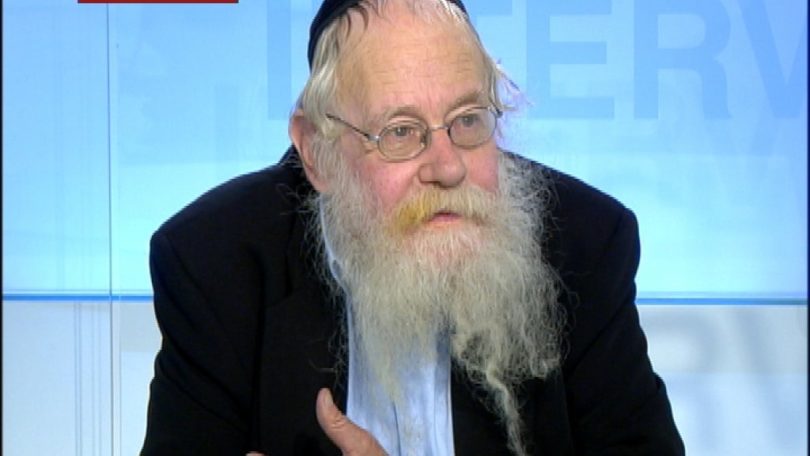In order to act in an ideal way, one must truly care with one’s whole being.
When a person is suffering from physical pain, he immediately goes to the nearest doctor.
A person who suffers greater pain will rush all the more quickly to find a cure for his ailment.
Similarly, one who suffers from hunger – real hunger, not the hunger one experiences after fasting on Yom Kippur – and wonders where he will find bread to eat and water to drink will not first organize a symposium to discuss the question of poverty and unemployment.
The acute sensation of hunger creates in him the readiness and urgency to act.
One who is not experiencing pain or hunger personally may be tempted not to come to the aid of those who are needy, thinking, “What can I do? I am only one insignificant person.”
This line of thinking, however, implies that the matter is not his concern – it does not truly affect him.
Others may rationalize their actions, saying, “I agree that in principle I should help, but in practice it is difficult for me.”
If he can help without expending much of his time or resources, he will not object to doing so, but this person will never go out of his way to help others.
This phenomenon occurs in other areas as well.
Someone who has a love for Torah will find a way to study it even if he does not know “how to learn” in the conventional sense.
He may have to work ten times harder than someone who has more experience in the world of Torah study, but in the end he will succeed.
Proverbs states, “If you seek it like silver and search for it like hidden treasure, then you will grasp the fear of God and discover knowledge of God”.
If you identify Torah as something that is missing in your life, and you search for it as one searches for treasure, you will undoubtedly find it.
–Rabbi Adin Steinsaltz

